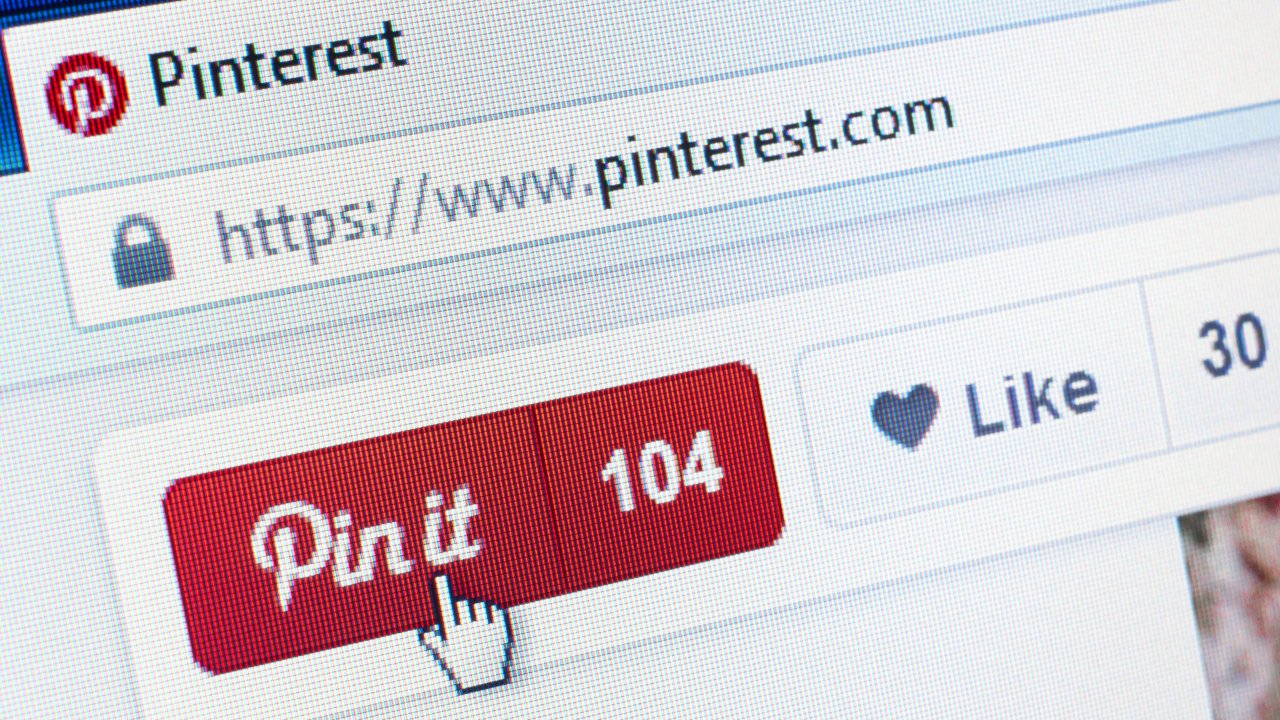
Google introduces new rules for the use of AI in political ads
If AI is used to change the message or point of an ad, it will have to include a noticeable disclaimer for viewers.
LEARN MOREThe social platform says it will use what it calls "body type technology" to increase representation for various beauty standards.


The tech giant said the move is meant to reduce security risks as older accounts are more likely to use recycled passwords, among other concerns.

A judge has blocked Montana's proposed ban on TikTok while a challenge works its way through the courts.

A handful of states, including Texas and California, have passed laws regulating deepfakes in political advertising.

The CV-22 Osprey carrying eight American military personnel crashed last Wednesday off Yakushima island during a training mission.

40% of engagements take place between Thanksgiving and Valentine's Day, according to industry experts.

CBP officials say the Tucson area, including Nogales, is already seeing the highest number of migrants coming into the country.